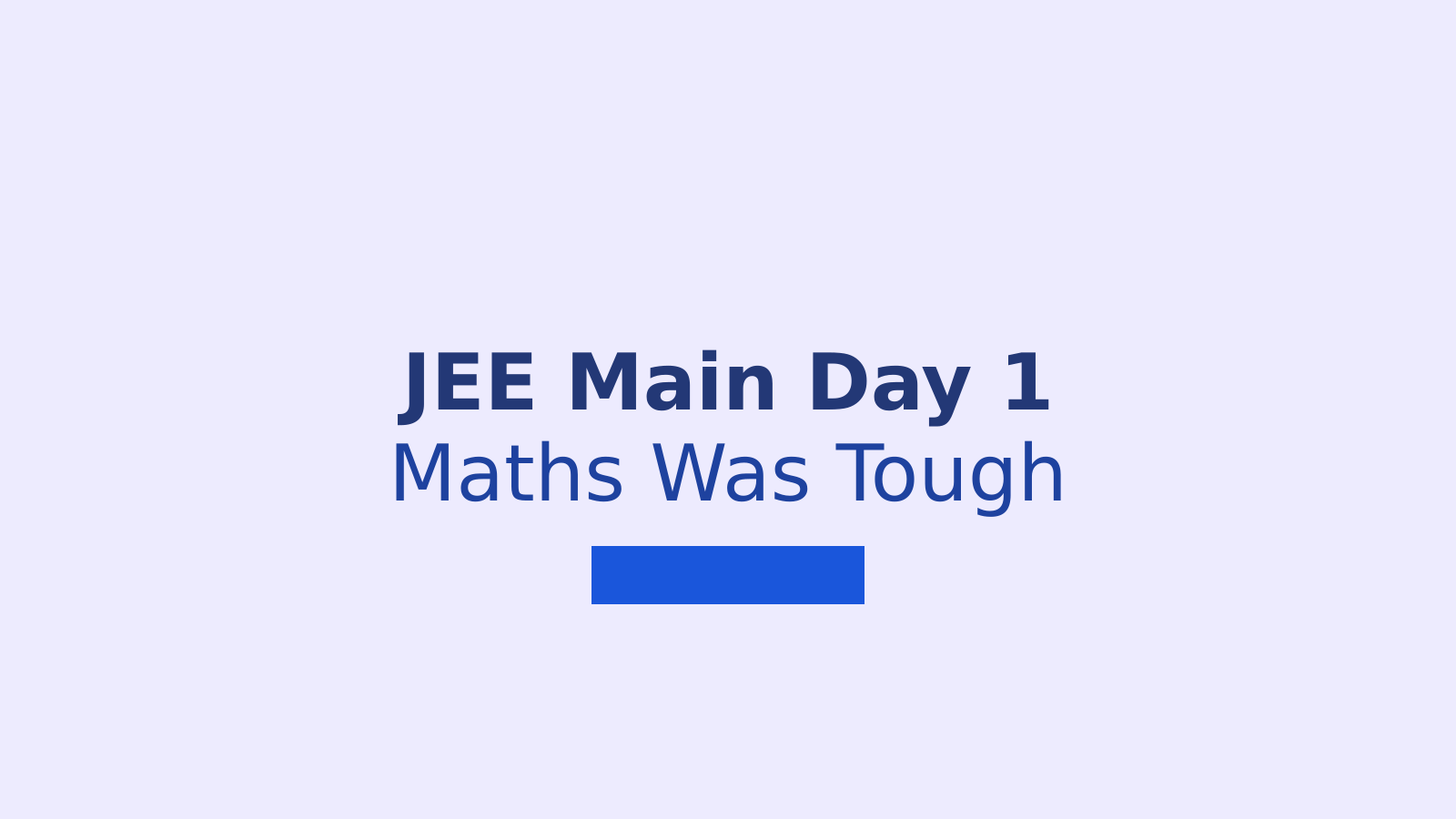Cracking the UPSC Code: Your Ultimate Guide to Age Limits and Eligibility
A comprehensive guide to UPSC eligibility criteria, including age limits, educational qualifications, nationality requirements, and attempt limits. Includes tips for exam preparation.
AC Team

Are you dreaming of becoming an IAS officer but worried about whether you meet the UPSC eligibility criteria? Don't fret! We've got you covered with this comprehensive guide to UPSC age limits, educational qualifications, and everything else you need to know to embark on your civil services journey.
Understanding UPSC Age Limits: The Basics
Let's start with the burning question - how old do you need to be to take the UPSC exam? Here's the scoop:
- Minimum age: 21 years
- Maximum age: 32 years (for General category candidates)
But wait, there's more! The UPSC believes in giving everyone a fair chance, so they've got some nifty age relaxations up their sleeve:
- OBC candidates: 3 years relaxation (up to 35 years)
- SC/ST candidates: 5 years relaxation (up to 37 years)
- Persons with Benchmark Disabilities: 10 years relaxation (up to 42 years)
So, if you're feeling a bit long in the tooth, don't lose hope just yet!
Educational Qualifications: What's the Score?
Now, let's talk about brains. To apply for the UPSC exam, you need to have:
- A bachelor's degree from a recognized university
- Or an equivalent qualification
Here's a fun fact: Even if you're in your final year of graduation, you can still apply! Just make sure you've got that degree in hand by the time you're filling out your Mains application.
Nationality Matters: Who Can Apply?
The UPSC has some specific rules about who can apply based on nationality:
- For IAS, IPS, and IFS: You must be an Indian citizen. No exceptions!
- For other services: You can be an Indian citizen, a subject of Nepal or Bhutan, or a Tibetan refugee who came to India before 1962.
If you're from Nepal, Bhutan, or a Tibetan refugee, you'll need a special eligibility certificate from the Indian government. But don't worry, you can apply for the exam first and sort out the paperwork later!
How Many Shots Do You Get? Understanding Attempt Limits
The UPSC isn't a one-and-done deal. You get multiple attempts to crack the exam:
- General/EWS category: 6 attempts
- OBC: 9 attempts
- SC/ST: Unlimited attempts (as long as you're within the age limit)
Remember, appearing for either Prelims or Mains counts as an attempt. So, use your chances wisely!
Physical Standards: Are You Fighting Fit?
While there's no specific height or weight requirement for most services, you do need to be in good physical and mental health. The UPSC conducts a medical examination for successful candidates to ensure they're up to the task of serving the nation.
Tips to Boost Your UPSC Prep Game
- Start early: The earlier you begin, the more time you have to cover the vast UPSC syllabus.
- Read newspapers daily: Current affairs are crucial for the UPSC exam.
- Make notes: It helps in quick revision during the final stages of preparation.
- Practice previous year questions: This gives you an idea of the exam pattern and types of questions asked.
- Join a good coaching institute: While not mandatory, it can provide structure to your preparation.
Conclusion: Your UPSC Journey Starts Now!
Remember, the UPSC exam is challenging, but not impossible. With the right preparation and mindset, you can turn your dream of becoming a civil servant into reality. So, check your eligibility, gather your resources, and start your UPSC journey today!
Have more questions about UPSC eligibility or preparation? Drop them in the comments below, and we'll be happy to help. Good luck, future IAS officer!



